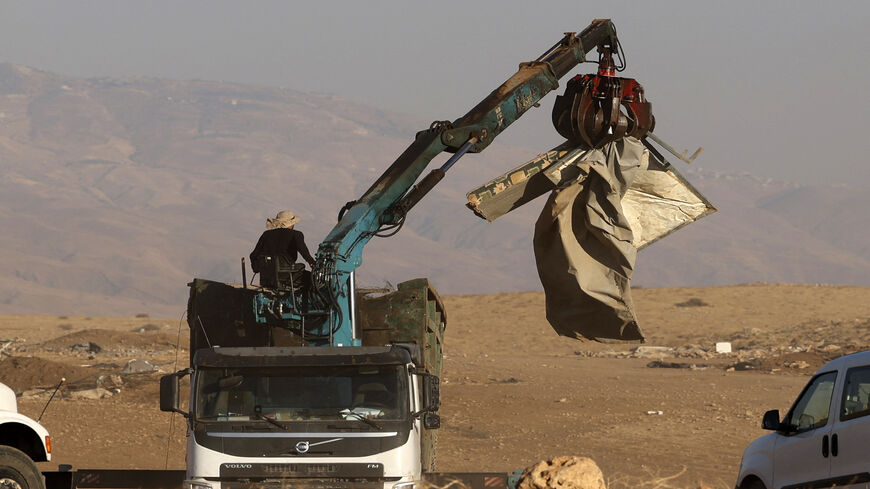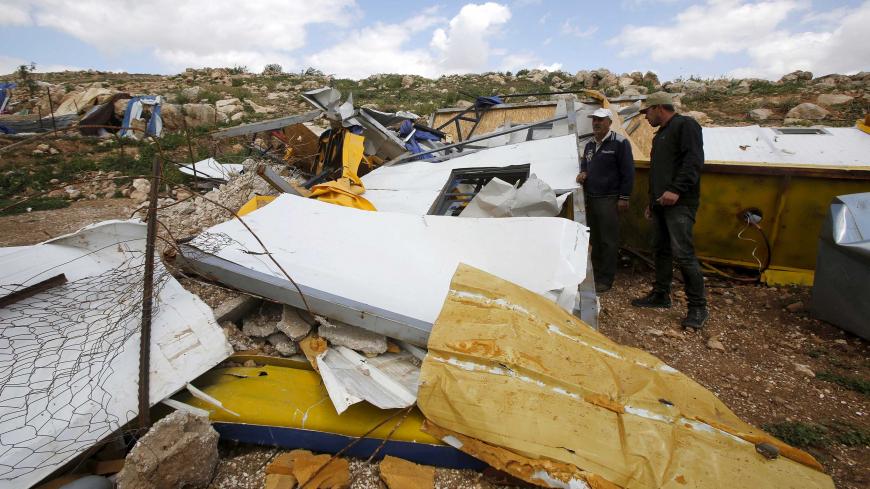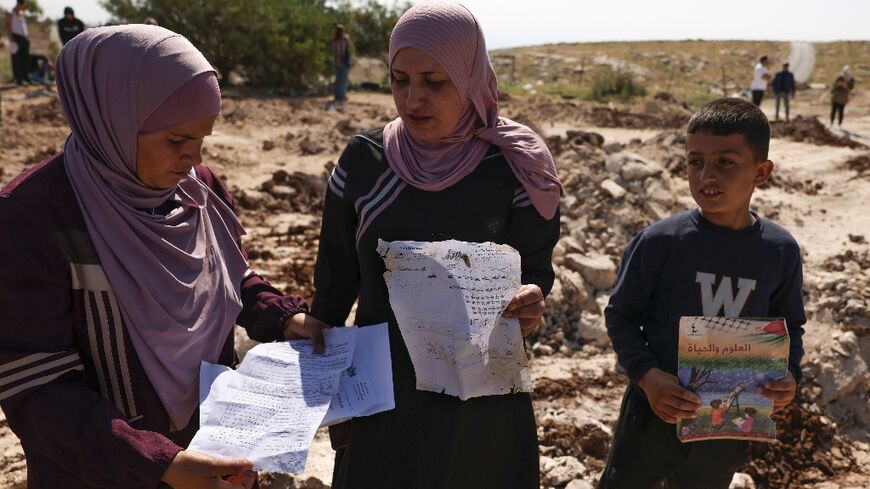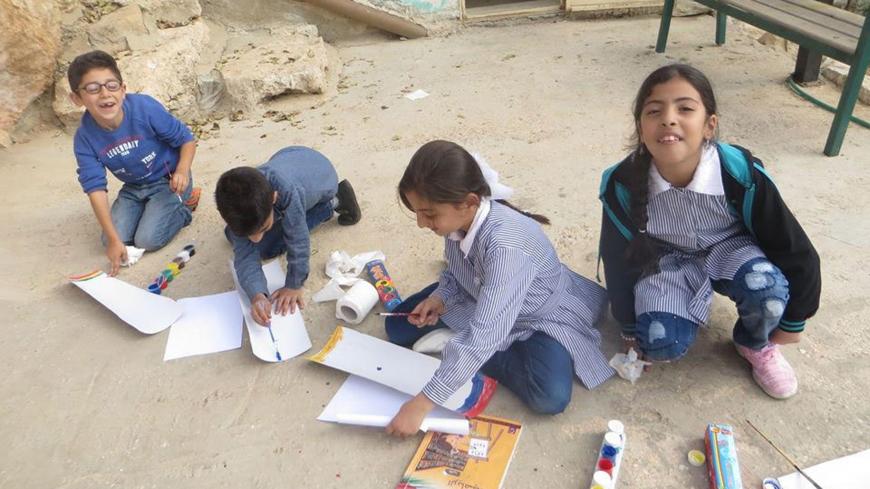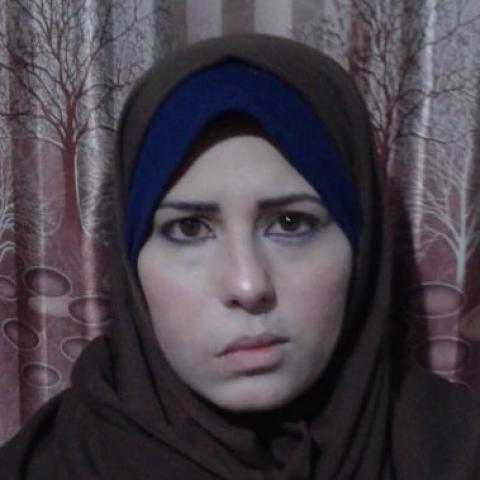Bedouin students fear losing their school in Area C
Israel prepares to demolish a newly constructed school in a Bedouin community near Ramallah in a move that is set to deprive 50 children of their right to education.

RAMALLAH, West Bank — Some 50 Palestinian children in the Bedouin community of Ras al-Tin and the surrounding Bedouin communities, east of Ramallah in the central West Bank, fear that the Israeli authorities will demolish their newly constructed school, which they started going to in September.
The students are worried about losing the new school that provides them with a safe and stable environment. Due to its proximity to their homes, the students no longer need to walk several miles to schools located in neighboring villages.



